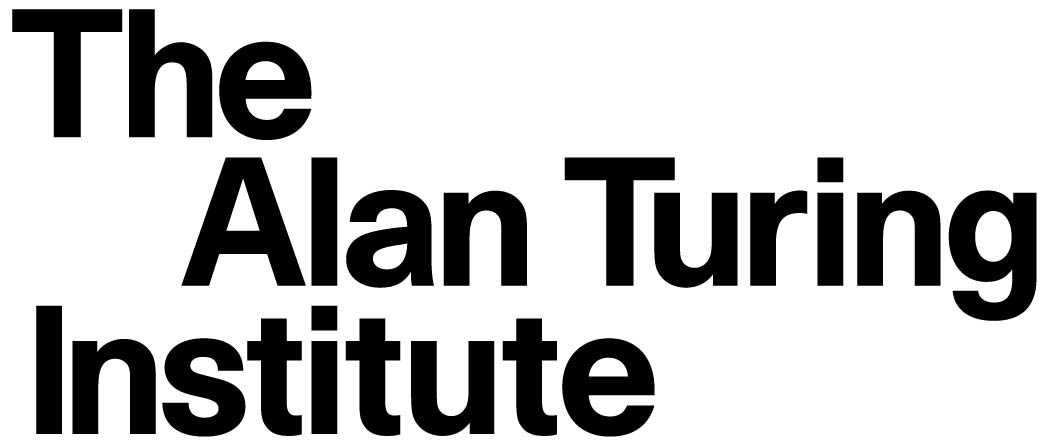Funded by The Turing Institute and Bayes Centre, the aim of this half-day workshop was to examine issues around the application of models and data in decision-making, providing new strategies to aid the transition to net zero. The specific theme was to improve linkages between: (1) the questions being asked by decision makers, (2) the evidence required to make a decision on such questions, and (3) the source of this evidence – i.e. data and/or models. A new visual approach was developed in the lead up to this event, to strengthen links between high-level decision-making activities in energy policy and associated evidence building workflows involving big data and models. This in-person workshop (along with the Openmod Vienna workshop on 23rd Mar 2023) provided a 'hackathon-like' group activity session using a purpose-built web-app.
Presentations
A 1hr presentation session was held during this session, with talks delivered by Prof Chris Dent (School of Maths), Dr Kevin Wilson (Newcastle University), and Dr Wei Sun (School of Engineering). Dr Peter McCallum (Institute for Energy Systems) presented the group sessions.
Group Activity 1 - Finding linkages: from questions, to evidence, to source
Task description: "Participants will be able to envisage any composition of models and data to answer policy questions (including models/data which may not yet exist), and to make graphical linkages to decision-making evidence." During this activity, each group developed their own high-level policy question, forming the basis of a policy design exercise. The groups then compiled lists of evidence, or information, required for actionable closure of this question. This crucial step was carried out before specific models and data were identified for the delivery of this evidence. The groups were able to iterate through adaptations of their original questions, to try to resolve the many issues with this process.
Group Activity 2 - Assembling evidence from models and data
Task description: "We want to facilitate discussions about methods and pitfalls of compiling evidence for decision-making, with a specific focus on qualitative aspects." Following the mapping activities, the groups summarised key points that arose during discussions to identify new insights on the difficulties in integrated data/model-led decision-making. Points were also recorded on specific issues with the current data and model landscapes.
Data generated
Registers of energy models and energy datasets were generated during this in-person workshop, the aim of these being to create a more coherent reference point for energy modellers and analysts with a role in energy planning studies. Further to this, a number of high-level policy questions were generated, along with evidence requirements associated with each question. Rich associative networks (maps) were also generated, connecting questions, evidence, models, and datasets. All of the above data is structured within a SQL-based relational database and is linked directly to the web-app user interface pages.
About the event
This workshop was delivered by Dr Wei Sun, Dr Peter McCallum and Dr Andrew Lyden at The Institute for Energy Systems (within the University of Edinburgh's School of Engineering), with the support of Prof Chris Dent at The School of Mathematics. Around 30 participants attended this in-person workshop, at ECCI, Edinburgh. The web-platform used for the 2hr group activity session was developed in-house by the above team, during the project: "Harmonising Energy Models and Data to Aid Decisions on the Net Zero Transition" (funders: The Turing Institute; Bayes Centre).
Number of eletric vehicles in future
Electricity generation mix
Electricity prices
EV distribution throughout the UK
Changes in Policy to enable EV uptake
Electricity demand data
Legislation (network actors/data management)
Aggregate magnitude of demand
Trial outputs
Ecosystem of flexibility technologies
Tariffs/constraints
Market arrangements
Life cycle and environmental impact
Profiles and limitations of flexibility technologies
Behavioural constraints
Sources of flexibility (demand, supply and storage)
- This is a process with many inter-dependencies, changing one in an iterative feedback styled loop can lead to changes in future decision-making that can't be foreseen?
- Need to understand what models and data are actually available, people with experience
- Hard to get to a shared understanding of the question (e.g. flexibility can have different meanings for different stakeholders)
- It's complicated!
- Need to keep updating models for them to remain relevant
- Ned to understand some of the interlinkages and feedback loops, to see if the original question was correct?
- Identifying feedback loops to understand how the model can spiral out of control
- If using models to provide data need to ensure the inputs are related with our other data inputs. Make sure assumptions are consistent across the models/data.
- Need to catalogue models more effectively as interfacing different models is crucial for energy systems modelling
- we are living in a live and changing climate system, that is reflexive to the inputs and demands that we create. how do our data sets incorporate this level of change and translate that into policy formation? do we use average values (sometimes lower) or plan for the outcomes created by the more unlikely worst-case scenarios
- We assume all stakeholders are willing to share data. We need agreements and frameworks to enable data sharing or open-access to data
- Some way to group data points - having the ability to move the inputs together in loose groups.
- 1st column model input, 2nd columns model, 3rd model output, 4th research question
- This is the best ever workshop interraction tool we used so far. Adding a feature to choose multiple options would be good
- Ability to add feedback loops between nodes


